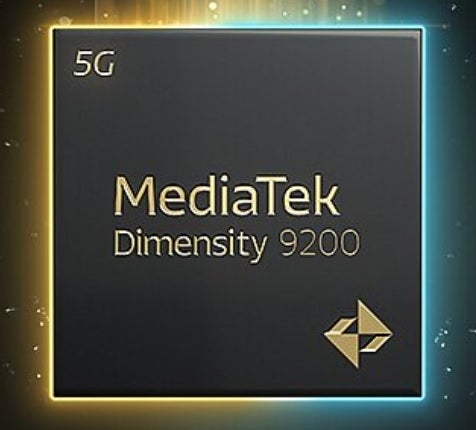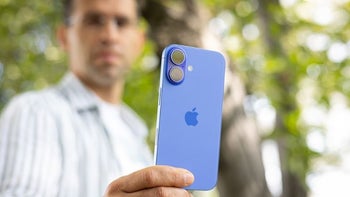Rumored specs surface for MediaTek's Snapdragon 8 Gen 3 rival

On China's Weibo social media site, tipster Digital Chat Station wrote about fabless chip designer MediaTek's follow-up to the Dimensity 9200 SoC. The latter is MediaTek's top-of-the-line mobile chipset designed to compete with Qualcomm's Snapdragon 8 Gen 2 chipset. And just like we expect Qualcomm to unveil the Snapdragon 8 Gen 3 SoC during the fourth quarter of this year, we should see the same for MediaTek's Dimensity 9300 chipset.
The Dimensity 9300 will reportedly be produced by foundry TSMC using its enhanced 4nm process node (N4P). That happens to be the same process node used by TSMC to manufacture the Dimensity 9200. Digital Chat Station says that the Dimensity 9300 will be able to be a formidable challenger to the Snapdragon 8 Gen 3. MediaTek's next flagship chipset could feature one high-performance core (most likely ARM's Cortex-X4), three performance cores (possibly the Cortex-A715), and four-efficiency cores (Cortex-A515).
The first smartphone to get powered by the Dimensity 9300 SoC might be Vivo's X100 handset. The BBK Electronics-owned phone brand is said to be collaborating with MediaTek on the creation of the Dimensity 9300. And MediaTek is said to be using disappointing sales of the Dimensity 9200 as the incentive to design a very powerful successor.

MediaTek's current flagship chip, the Dimensity 9200
When the Dimensity 9200 SoC was announced last November, it was considered a worthy rival to the Snapdragon 8 Gen 2 with a configuration made up of a high-performance Cortex-X3 core, three Cortex-A715 performance cores, and four Cortex-A510 efficiency cores. The chip also supports Wi-Fi 7 with support for up to 6.5Gbps downlink speed. And the GPU's support for ray tracing results in graphics with more realistic reflections, shadows, and lighting in mobile games. It also supports screen refresh rates of up to 240Hz.
So far, the list of phones available that are powered by the Dimensity 9200 include the Oppo Find X6, Vivo X90 Pro, and the Vivo X90. Both Oppo and Vivo are phone brands owned by China's BBK Electronics. The latter also owns OnePlus, Realme, and iQOO.
MediaTek's problem getting more traction for the Dimensity 9200 might not have anything to do with the chips itself and could reflect more of an issue the company has marketing its chips. There also could be a reluctance among Android manufacturers to stray from Qualcomm since its Snapdragon SoCs have been reliable components for a number of years.
MediaTek originally was content to produce chips for low and mid-range phones sold in India which helped it overtake Qualcomm in 2020 as the world's top supplier of chipsets for smartphones. Still, the company lags behind Qualcomm when it comes to supplying chips for flagship smartphones.













Things that are NOT allowed: